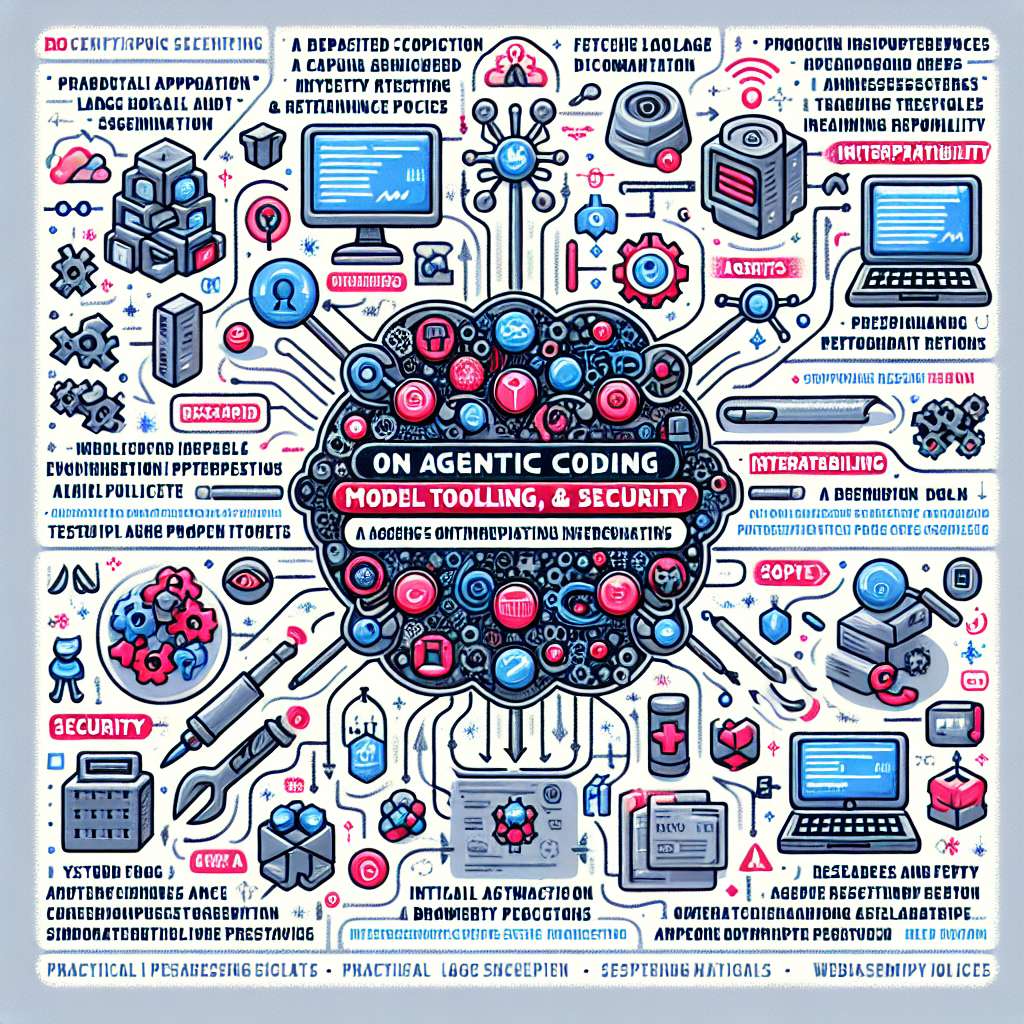Data engineering redefined for the Artificial Intelligence era

A new survey of 400 senior data and technology leaders finds data engineers are becoming central to Artificial Intelligence efforts and broader business success, while facing rising complexity and workloads.
Carbon removal’s reckoning and an Artificial Intelligence app to measure pain

After a startup boom, carbon removal is entering a turbulent reset with shuttered projects and slowing investment. Meanwhile, researchers are piloting an Artificial Intelligence-powered app to assess pain, promising help for nonverbal patients but raising thorny questions.
This week in artificial intelligence: Microsoft Copilot fall release, IBM and Groq partnership, Amazon robotics, and OpenAI ChatGPT Atlas

NexaQuanta highlights a fast-moving week in artificial intelligence, from Microsoft’s human-centered Copilot updates and IBM’s Groq-powered enterprise acceleration to Amazon’s robotics push and OpenAI’s new ChatGPT Atlas browser. Together, these releases point to more integrated, collaborative, and task-oriented experiences.
Could Advanced Micro Devices become the next growth story in Artificial Intelligence chips?

Advanced Micro Devices is expanding its Instinct data center lineup and winning marquee deals as it seeks a defensible niche against Nvidia in Artificial Intelligence chips. Growth has cooled amid export limits, tougher competition, and a product transition, but analysts still see significant upside.
Simon Willison on artificial intelligence

A roundup of Simon Willison’s recent writing on artificial intelligence, spanning Anthropic’s tooling and research, OpenAI’s new Atlas browser, and ongoing concerns about browser-agent security.
Intel, Nvidia, and the Asia factor in the United States’ unconventional sovereign wealth fund

In a wide-ranging interview, Winston Ma outlines how the Trump administration’s executive-driven sovereign wealth fund leans on Asian capital and Artificial Intelligence investments, from Intel to a potential TikTok stake. Legal and governance risks could shape whether this bottom-up model becomes institutionalized.
